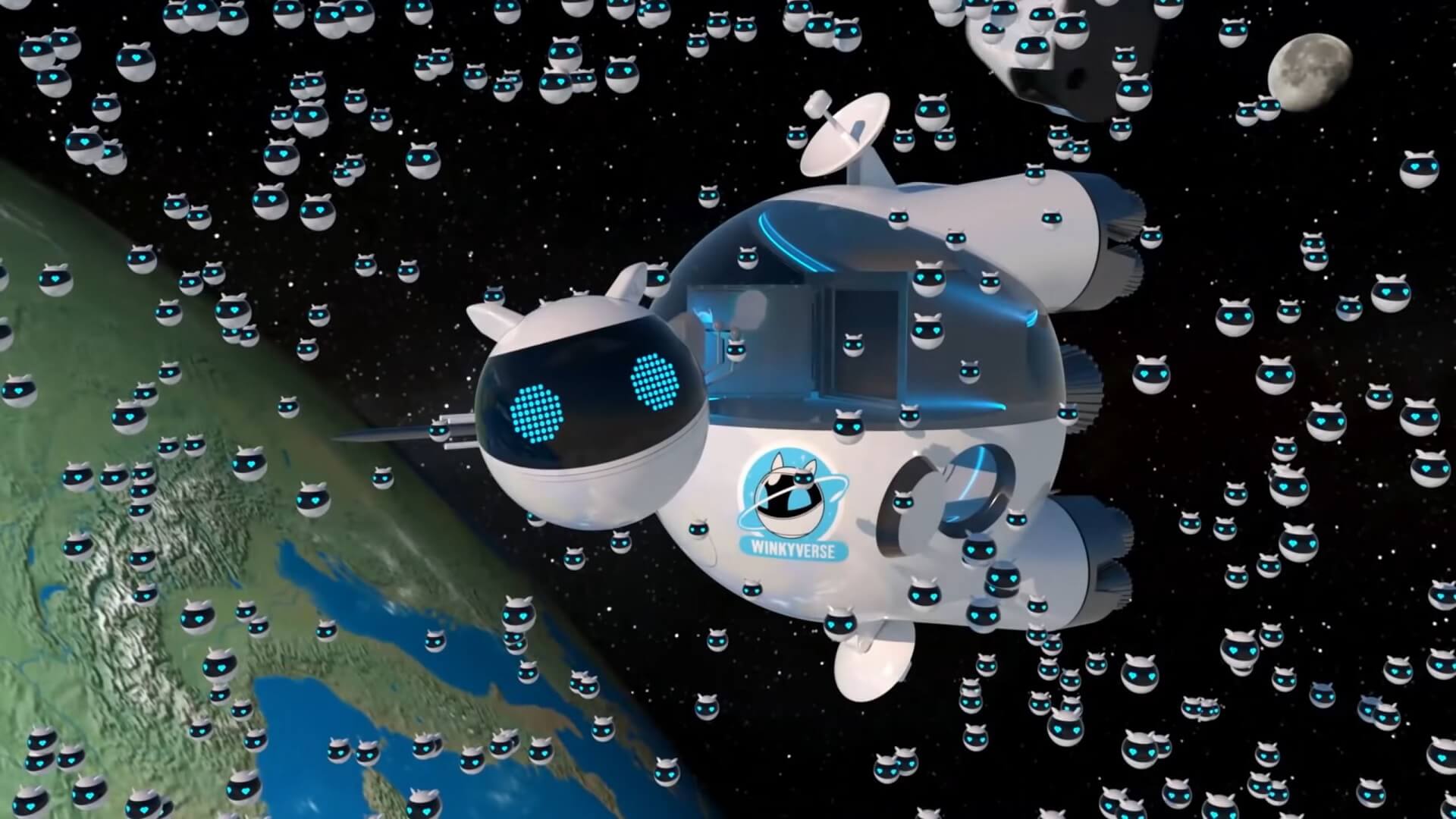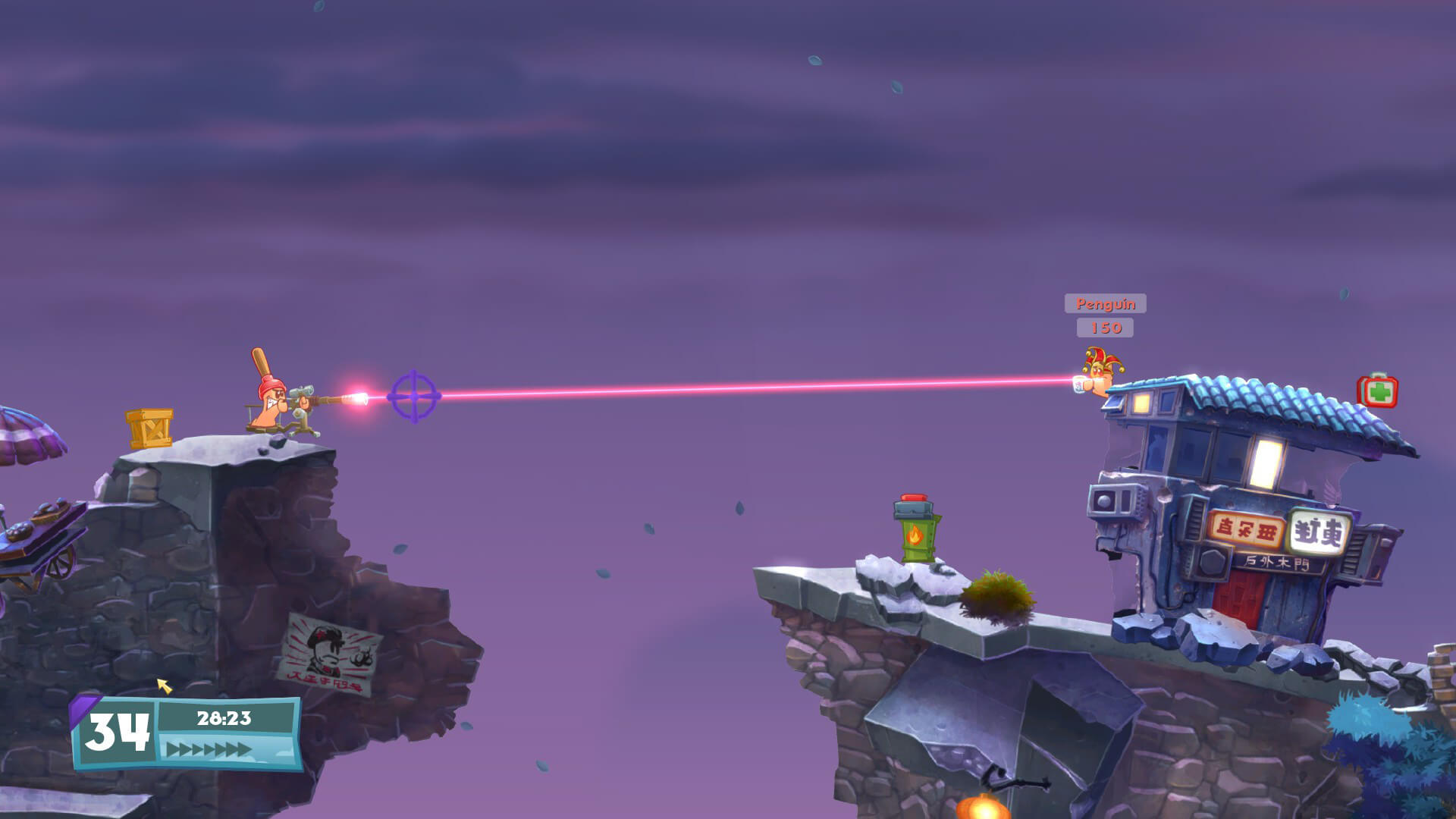
Plug In Digital Joins, Then Drops Partnership With Winkyverse NFT Web3
Indie gaming distributor Plug In Digital has walked back on its partnership with the Winkyverse, an "education games metaverse". The studio had originally signed up to help Winkyverse creator Mainbot with blockchain tech and NFT implementation, but has backtracked on that decision.
Why has Plug In Digital backtracked on its partnership with the Winkyverse?
On Wednesday, Plug In Digital, which counts The Forgotten City publisher Dear Villagers among its subsidiaries, announced that it would be partnering with Mainbot, the creator of a French children's educational tool called Winky. The two companies were planning to work together on the "Winky Partners Program", a method by which developers looking to create content in the Winkyverse would be subsidized and supported. These developers would also receive help with making their own NFTs and tokens within the Winkyverse.

Plug In Digital was intending to provide support to creators making content in the Winkyverse, but the studio has backed down.
Today, however, Plug In Digital announced its withdrawal from the Winky Partner Program. The studio says this decision was made due to "feedback from partners and our community", which means it likely received a huge volume of negative feedback regarding its decision. It's worth noting here that Plug In Digital is a shareholder in Mainbot and has been since last year. Whether or not Plug In Digital will withdraw its stake in Mainbot is unclear at the moment. Plug In Digital is also still listed as a partner on the Winkyverse website, and the reason for that is unclear as well. We've reached out to Plug In Digital for further comment on this story.
Gaming and NFTs have a fractious relationship
The gaming community has a difficult relationship with NFTs and "the metaverse" (which is a nebulous term with many meanings in and of itself). In recent months, several companies have announced NFT programs or partnerships, only to hastily backtrack on them as soon as the community reacts with hostility. Earlier this month, Team17 announced it would no longer pursue its intended Worms NFT program, citing a similar reason to Plug In Digital; its "Teamsters, development partners, and games' communities" told it in no uncertain terms that they didn't want Team17 NFTs.
Team17 isn't the only studio to backtrack on NFTs after announcing something, either. Stalker 2 developer GSC Game World initially revealed it would be creating NFTs for the game, but a swift and heavy backlash prompted the studio to back down from its decision. It's not just studios; individuals have felt the force of social media's wrath when it comes to NFTs as well. Voice actor Troy Baker was set to partner up with VoiceVerse NFT on a series of voice-based NFTs. Baker's announcement tweet declared that "you can hate...or you can create", and fans proceeded to pretty much unequivocally hate, prompting Baker to renege on the partnership. Other major platforms and companies in the gaming world, such as Itch.io, meanwhile, have directly announced their opposition to NFTs, in some cases going as far as to call them a "scam".

Studios like Worms developer Team17 have dabbled in NFTs only to backtrack when the community reacts negatively.
Despite these negative reactions, some gaming companies still seem to be investing in NFTs and the wider Web3 system. PUBG: Battlegrounds publisher Krafton has invested in NFTs, and gaming retailer GameStop is going as far as to set up its own NFT marketplace. Other major proponents of NFTs include Korean gaming giant Netmarble and long-term heel Konami, among others. It's clear that while the backlash against NFTs isn't getting any quieter, the potential for profit remains too enticing for many studios to ignore. We'll have to wait and see what happens next in the great NFT debate, but one thing's for sure: this issue isn't going away anytime soon. Stay tuned for more on this.
Source: TechRaptor

























